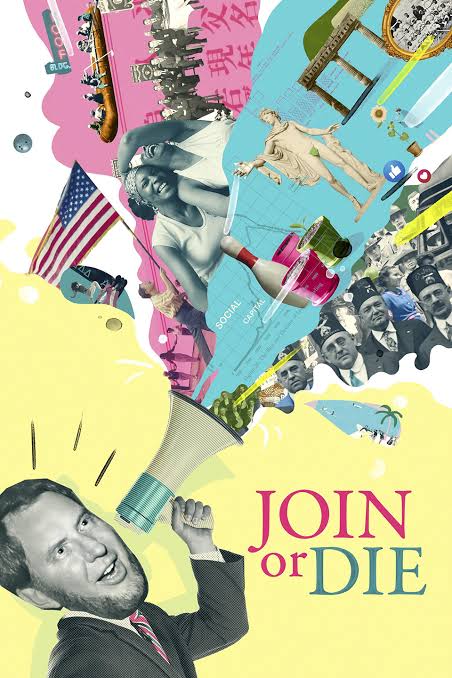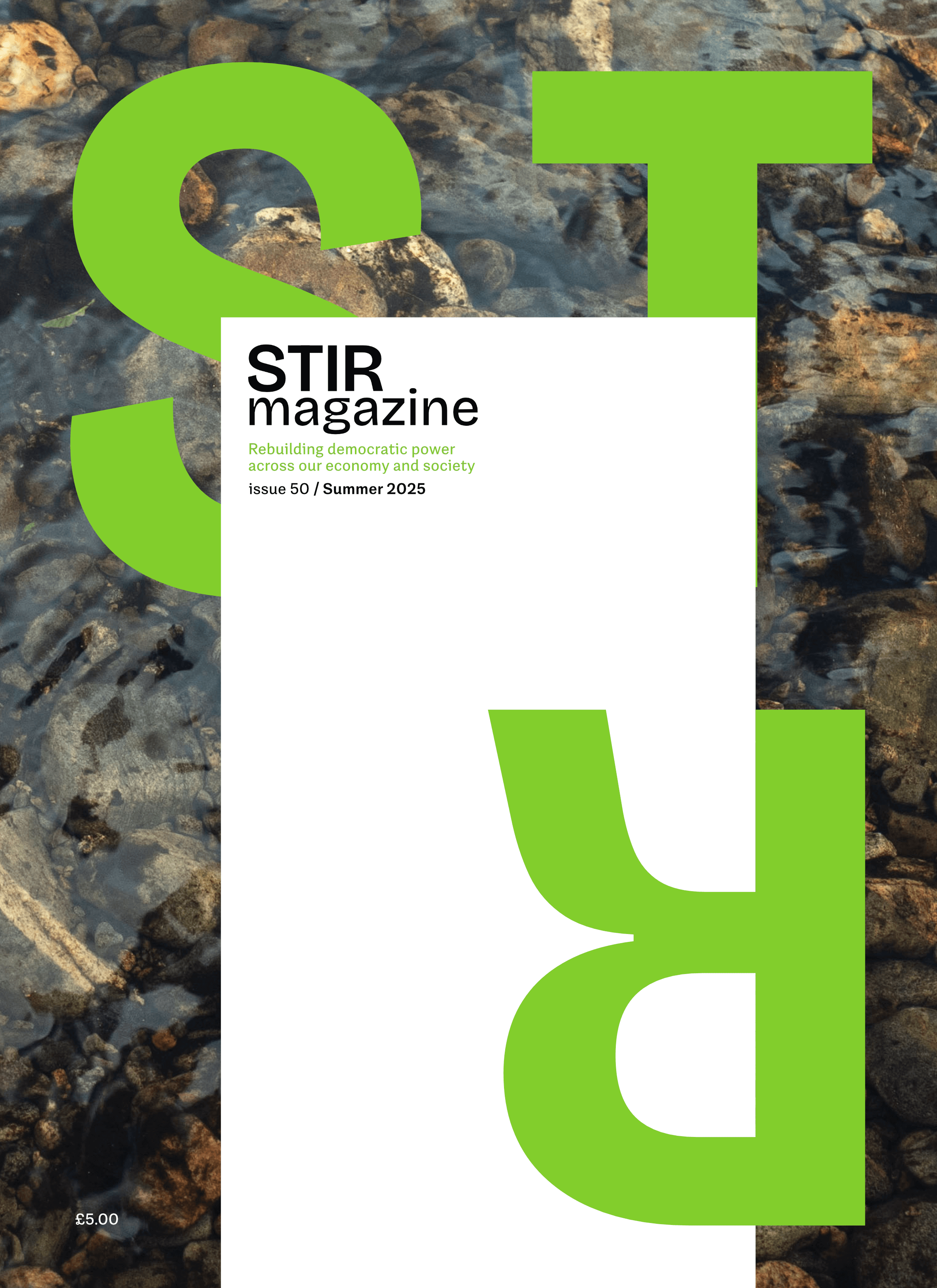.jpg)
The Solidarity Economy: An Interview with Tehila Sasson
Historian Tehila Sasson challenges the traditional view that neoliberalism originated on the political right, arguing instead that its roots run through the British Left and the growth of international nonprofits that unintentionally helped legitimise the neoliberal project. Our editor Jonny Gordon-Farleigh interviewed the author to find out more.
JGF: The central provocation of your book, The Solidarity Economy: Nonprofits and the Making of Neoliberalism, is its challenge to the prevailing narrative that neoliberalism originated primarily from the political right.
Instead, you offer an alternative account – one that traces the roots of neoliberalism through the British Left from the 1950s and, in particular, through the growth of the nonprofit sector. By doing so, you illuminate a more complex relationship between the Left and the neoliberal project.
Rather than continuing with a commitment to state-managed economies and the welfare state, parts of the Left shifted toward an approach described as being “in and against the market” – a form of market-based socialism that would advocate for a “distinctively nongovernmental project.“
Could you retrace this historical process that links capitalist development, decolonisation, and the rise of INGOs?
TS: The Solidarity Economy explores how nonprofits – particularly large international aid organisations such as Oxfam, Save the Children, War on Want, and Christian Aid – emerged as key actors in the British, and to some extent global, economy through their development and aid programmes.
Traditionally, these organisations have been studied through the lenses of politics and international governance. Historians, international relations scholars, and anthropologists have often framed NGOs within the broader narrative of "non-governmental governance" that gained prominence in the latter half of the twentieth century. Their activities have also been situated within what historian Charles S. Maier describes as the emergence of alternatives to the "project-state".
My book builds on this scholarship – an essential foundation for the narrative I trace – but seeks to broaden the scope. Rather than viewing these NGOs solely as instruments of governance, I argue that they played a formative role in shaping the British and the global economies. These organisations were not only influenced by economic theories and policies; they also developed economic ideas of their own, like fair trade, and actively shaped economic life through their development and aid initiatives. In doing so, they became integral to the third sector of the British economy.
Historians often refer to organisations like Oxfam and Save the Children as ‘NGOs’ or as ‘charities’. Instead, I use the term ‘nonprofits’ to highlight the unusual positionality these organisations occupy, particularly in how they relate to the world of profit.
On one hand, they hold charitable status and benefit from associated tax exemptions. On the other hand, they actively engage in profit-generating activities, most notably through trading companies they establish and operate. These organisations were key players in shaping the fair trade movement, campaigning for corporate social responsibility, and, at times, calling for consumer boycotts against multinational corporations while simultaneously partnering with other businesses. Some were deeply involved in the distribution of microfinance, while others experimented with models that blurred the line between commerce and ethics. Across these initiatives, they developed a range of practices aimed at being not just economically sustainable but morally justifiable.
A central concern of the book is to explore how these organisations navigated – and often embodied – the tensions at the heart of what is sometimes called "ethical capitalism”.






.jpg)








